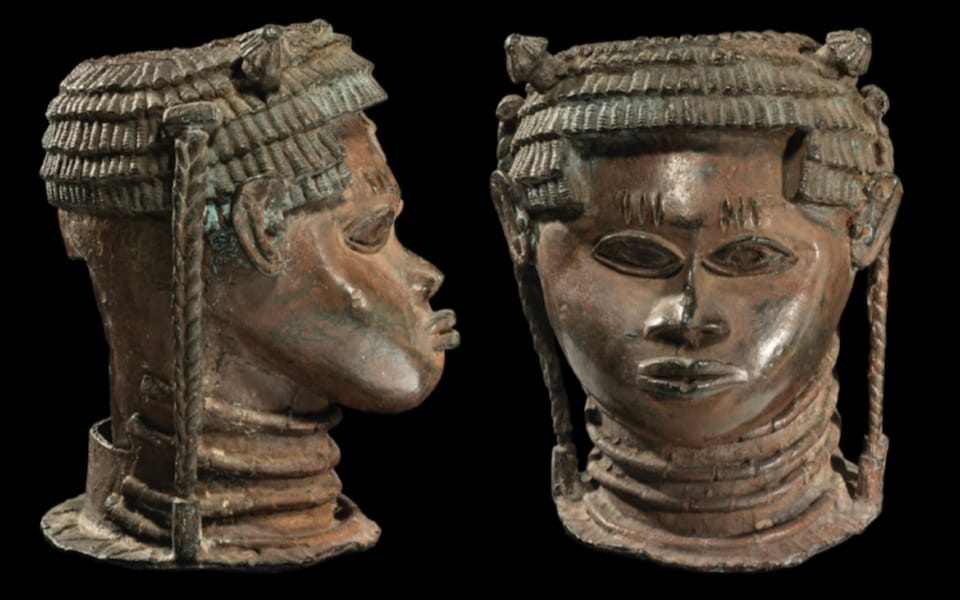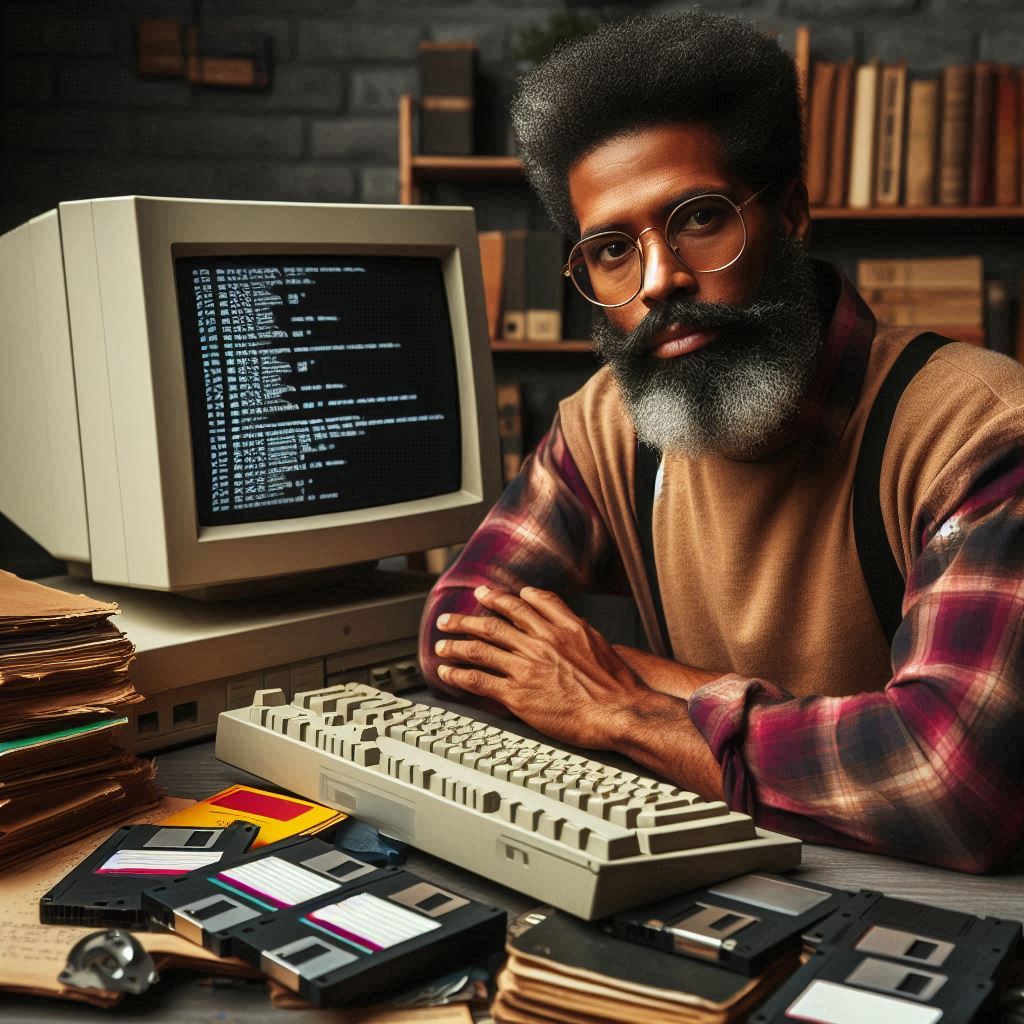When will Great Britain return the stolen treasures from Africa? This question has been asked for many years without an answer. Did you know that of the 195 countries in the world today, only 22 were not colonized by Great Britain? Unbelievable. We all know that European nations like Great Britain and France colonized many African countries.
These countries looted and stole many priceless artifacts and treasures from Africa during this time. These treasures were then taken back to Europe and displayed in museums. Hundreds of years later, even after colonialism and racism have ended, these treasures remain in their custody. Most likely with no intention of giving it back.

For years, Africans have been asking for the return of these stolen treasures. However, the European countries have refused to return them. And Great Britain is one of the countries holding on to these stolen treasures. In fact, the Cullinan Diamond, the largest diamond ever, was discovered in South Africa. Unfortunately, it is incorporated into the Crown Jewels – the crown of the King/Queen of England.
It is estimated that the British Museum alone holds more than two million objects from Africa. Some of which were acquired through conquest and colonization. In recent years, there has been growing pressure on the British government to return these objects to their countries of origin.
The question is: will Great Britain ever return the stolen treasures from Africa? Only time will tell.
History of the Stolen Treasures From Africa
Nigeria is a great example. British soldiers stole 4,000 statues in 1897 after they invaded the Kingdom of Benin (southwestern Nigeria). Despite being preserved more than a century later, the bronzes are not on show in Nigeria, where they originally came from. But rather in museums in the United Kingdom, Germany, Austria, and the United States. The 2018 movie Black Panther made a passing reference to this problem in a heist scene in the made-up “Museum of Great Britain.” There, the characters recovered items that had been taken from the African nation of Wakanda (although fictional).
Sadly, Nigeria has been requesting the British government to return its Benin bronzes for decades. But the British government hasn’t been forthcoming. Then, in late 2018, the nations reached an agreement. Under this agreement, the British Museum will send some bronzes to Nigeria for the Royal Museum, which Nigeria expected to open in 2021 but has been moved forward. However, the British Museum stresses that it is simply lending the sculptures to Nigeria. In other words, Britain still expects Nigeria to return the stolen artifacts.
![Benin Bronzes on display at the Metropolitan Museum of Art, New York in 2017 [Wikimedia Commons]](https://nicholasidoko.com/blog/wp-content/uploads/2022/12/Benin-Bronzes-on-display-at-the-Metropolitan-Museum-of-Art-New-York-in-2017-Wikimedia-Commons.jpg)
Agitation to Bring Back the African Artifacts
A protest theatre troupe named “BP Or Not BP?” planned a “Stolen Goods Tour” at the British Museum. The Gwaegal shield, which the British stole from Aboriginal Australians in the late 18th century, was among the relics that were highlighted during the trip. But the British Exhibition declined to return the Gwaegal shield to Australia for a 2016 museum exhibit, just like they did with the Benin bronzes. Instead, the shield was lent by the British Museum, and they later took it back.
For the 2nd World Black and African Festival of Arts and Culture (FESTAC ’77), the Nigerian government asked the British Museum in 1976 for a temporary loan of the Queen Idia of Benin Mask. The request was turned down. Thus, the mask is still on display at the British Museum. The mask was among the 4,000 artifacts British troops stole after conquering the Benin Empire.
Innovative Tech Solutions, Tailored for You
Our leading tech firm crafts custom software, web & mobile apps, designed with your unique needs in mind. Elevate your business with cutting-edge solutions no one else can offer.
Start NowThe Organisation for African Unity (OAU), the continental organization representing Africa, established a Reparations Committee in 1992. Among other demands, the committee called for the return of African cultural artifacts housed in Western museums and cultural institutions. To date, the fight is still on.
France’s Commitment to Return the Artifacts
The British Museum continues to hold onto a long list of stolen objects. Easter Island has requested the return of its Moai head statue to the museum, while Egypt wants its Rosetta Stone back. Some Parthenon marbles, often known as the “Elgin marbles” after the Scottish lord who stole them, are being sought by Greece, a fellow EU member, for their return to the museum. France has responded to requests for repatriation the best out of all the European nations where stolen items have been discovered. According to French President Emmanuel Macron, the Quai Branly Museum in Paris will restore 26 stolen items to the nation of Benin.

Additionally, he has stated that he intends to amend French law to require France to hand over stolen properties anytime the nations that own them request them. The British Museum, on the other hand, has made it clear that it has no plans to return stolen artifacts. The British Museum, on the other hand, has made it clear that it has no plans to return stolen artifacts.
According to some records, Switzerland gave $321 million back to Nigeria’s Social Investment Programme in 2017 to support the country’s social safety net. And the funds were said to have been distributed to 1.9 million of Nigeria’s most disadvantaged individuals. Done through conditional cash transfers under the World Bank’s supervision.
Three years later, the US and the British Channel Island dependency of Jersey repaid $311 million to the Nigeria Sovereign Investment Authority. Record has it that it was used to administer the Presidential Infrastructure Development Fund.
Why Britain Should Return the Stolen African Treasures
African artifacts in Western museums and private collections tell stories of encounters, trade, warfare, conquest, ancient civilizations, beautiful expressions, and historical figures. Hence, for us to rediscover and re-engage with these crucial facets of African history, ideas, personalities, and aesthetics, the repatriation of African icons—both human and cultural—looted during the eras of slavery, empire, and colonialism is essential.
![The interior of the Benin king’s compound burned during the siege of Benin city in 1897, with stolen treasures of africa, especially bronze plaques in the foreground [Photographer Reginald Granville Wikimedia Commons]](https://nicholasidoko.com/blog/wp-content/uploads/2022/12/The-interior-of-the-Benin-kings-compound-burned-during-the-siege-of-Benin-city-in-1897-with-bronze-plaques-in-the-foreground-Photographer-Reginald-Granville-Wikimedia-Commons.jpg)
As a result of the invasion, looting, theft, colonization, and legal trade and exchange, estimates indicate that 80–90% of sub-Saharan Africa’s cultural legacy is today held outside the continent. These items undoubtedly have significant economic, artistic, cultural, religious, and sacred importance. And since the moment they were stolen, there have been persistent requests for their return, some of which were accompanied by violence.
The British Museum is one of the world’s most visited museums, with over six million visitors annually. Its collections are astounding in their diversity, with artifacts from every continent. However, most of these objects were acquired through colonialism and conquest, and many were looted during wars.
There are several reasons why Britain should return the stolen African treasures to their rightful owners. First, it is the right thing to do. Second, it would be an act of reparation for a history of violence and exploitation. Third, it would be an acknowledgment that Africa is the cradle of civilization. But unfortunately, these factors and more could be why Britain and others have refused to repatriate the stolen African treasures.
How Returning the Treasures Would Positively Impact Africa
It is no secret that during British imperialism, many countries around the world were plundered for their resources. Among these countries was Africa, whose vast lands were looted for their minerals and other riches. One of the most valuable resources that were taken from Africa was its art and artifacts.
![Another stolen treasure of africa. A Yoruba stool collected by British explorer Richard Lemon Lander credit The Trustees of the British Museum]](https://nicholasidoko.com/blog/wp-content/uploads/2022/12/A-Yoruba-stool-collected-by-British-explorer-Richard-Lemon-Lander-credit-The-Trustees-of-the-British-Museum.jpg)
Today, these stolen treasures from Africa can be found in the British Museum and other institutions around the UK. While some argue that these artifacts should remain in Britain as part of its history, others believe they should be returned to their rightful owners – the people of Africa. There has been a growing movement calling for the return of these looted artifacts to their countries of origin. The supporters of this movement argue that the artifacts should be returned to Africa so they can be properly cared for and displayed.
But truthfully, there are many reasons why Britain should return the treasures they stole from Africa. First and foremost, it would be a recognition of the wrongs that were committed during colonialism. It would also be an opportunity for Britain to show their commitment to decolonization. Additionally, it would enable the proper care and display of these important artifacts.
The return of the stolen treasures from Africa would positively impact the continent. It would change colonialism’s legacy to an extent and give Africans a sense of ownership over their history. Additionally, it would boost the economy, as people would come from around the world to see the returned treasures.
Before you go…
Hey, thank you for reading this blog to the end. I hope it was helpful. Let me tell you a little bit about Nicholas Idoko Technologies. We help businesses and companies build an online presence by developing web, mobile, desktop, and blockchain applications.
Seamless API Connectivity for Next-Level Integration
Unlock limitless possibilities by connecting your systems with a custom API built to perform flawlessly. Stand apart with our solutions that others simply can’t offer.
Get StartedAs a company, we work with your budget in developing your ideas and projects beautifully and elegantly as well as participate in the growth of your business. We do a lot of freelance work in various sectors, such as blockchain, booking, e-commerce, education, online games, voting, and payments. Our ability to provide the needed resources to help clients develop their software packages for their targeted audience on schedule is unmatched.
Be sure to contact us if you need our services! We are readily available.











